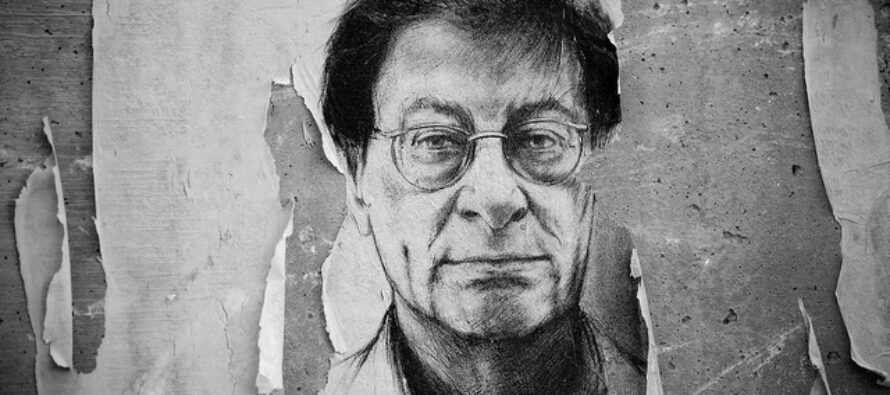On Mahmoud Darwish’s Birthday, a New Translation of ‘Dying for Free’

![]()
On the anniversary of the birth of the great Palestinian poet Mahmoud Darwish (1942-2008), a new translation by Naser Albreeky:
‘Dying for Free’
Mahmoud Darwish
Translated by Naser Albreeky
Autumn passing through my flesh as a funeral of oranges..
coppery moon crumpled by minerals and sand
children falling in my heart upon the souls of men
all the pain is my share..not everything is being told…
and the arms of spilled blood call to me: come!
raise your neck to a sun made compassionate through blood
do not bury your dead! .. leave them as pillars of light
leave my spilled blood.. as a warning to the oppressors
let it lead them to the night
turn my blood into the green mountain’s match on the chest of the space
don’t ask poets to write eulogies for the kids of the orchard
the honor of childhood
lies in how it risks the safety of the tribe
I bless them with the glory that suckles blood and vice
I congratulate the executioner winning against the kohl-rimmed eyes
so that he can borrow his winter coat from her braid
cheers to the opener/conqueror of the village
cheers to the slaughterer of children
O Kafr q?sim! .. the tombstones are gripped hands
tightening to the depths my roots
the roots of orphans struggling to extend their arms
yet we are remaining.. you noble hand, teach us how to orchestrate
we remain like the light, and the words, not twisted by shackles or pain
O Kafr q?s!
the tombstones are gripped hands..!
Naser Albreeky is a freelance writer and translator based in New York City
Related Articles
Fadel al-Rubai: Challenging the Myths of Orientalism
![]()
An Iraqi National Museum employee guides visitors inside the Assyrian Hall in Baghdad. (Photo: AFP – Ali Al Saadi)
On a Day This Week. April 27, 2020 – Antonio Francesco Gramsci
![]()
On a day this week, 27 April 1937, at 4am in the morning, Antonio Francesco Gramsci died, his health broken by years of incarceration in Benito Mussolini’s fascist jails
Elia Suleiman’s cinema as the premonition of the Arab revolutions
![]()
Hamid Dabashi Hamid Dabashi is Hagop Kevorkian Professor of Iranian Studies and Comparative Literature at Columbia University. Exploring the emotive



